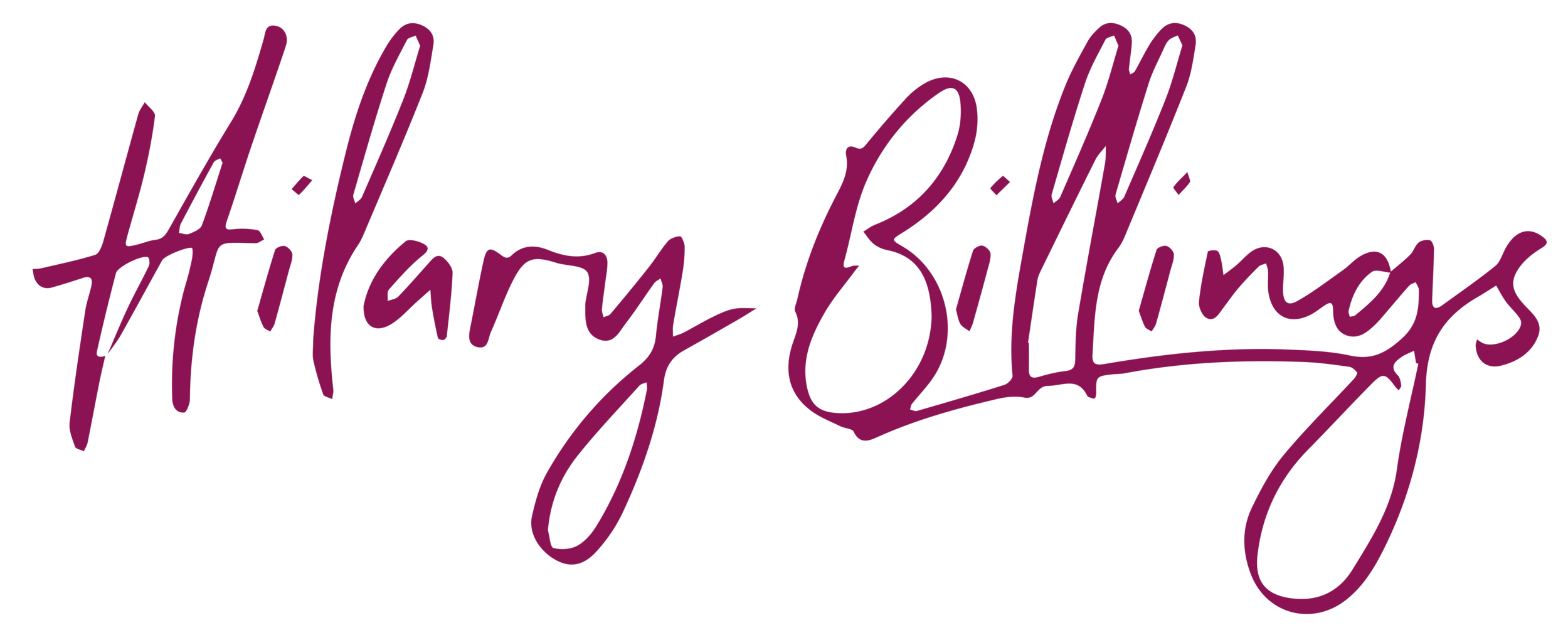How perfectionism holds you back
I’m a recovering perfectionist. And if you struggle with the same feeling, it’s important to understand how perfectionism holds you back.
While I’m working on being more fluid, flexible, and releasing my work sooner to the world than I would like, I struggle with procrastination, over-thinking, self-criticism, and needing lots of people (read: all the people) to approve of what I’m doing. That hesitation is just one piece of how perfectionism holds you back
Historically, my perfectionism has made me simultaneously a great creator and a terrible creator.
I used to run an international travel blog with readers in more than 100 countries. Because I lost the feeling of being “inspired” for every post, I stopped writing, and eventually the blog crumbled.
As a motivational sketch comedian, I had videos go viral on social media that I was super proud of. But my need to make each video “perfect” meant that I would spend 40+ hours on one 3 minute video. And then it would lose the joy. And then, I would overthink all the negative comments that would await me, so I’d start to pre-argue whatever I thought would be the biggest objections to my art before even releasing it.
Eventually, my perfectionism would give way to paralysis. I would stop creating. That hesitation is exactly how perfectionism holds you back.
This would even manifest itself in my relationships. I couldn’t go see my friends if I didn’t have the right outfit, if I felt bloated or was fighting a breakout. Because they would DEFINITELY notice and even if they didn’t say anything, we’d all know. God forbid I showed up wearing sweatpants and they were in cute dresses. If I didn’t have enough time to “prepare” to show up the way I wanted, I would decline invites. Eventually I stopped being invited.
Have you ever dealt with any of this?
It wasn’t until I had the opportunity to create content for Facebook Watch that I realized how costly my perfectionism was.
With the need to now create consistent content, I didn’t have time to mull over everything being perfect. I had goals of filming triple the content I was used to creating in a week, PLUS work my job, PLUS you know, have a life. Videos were not shot over the course of days but turned around in hours.
Did this mean that the quality suffered? Maybe. But it showed me something incredibly powerful:
Perfectionism is not about being your best. In the words of Julia Cameron (Author of The Artist’s Way), it’s actually about being your worst. It’s allowing your ego to tell you over and over again, “This is not good enough.” So you ruminate. You hold off on showing it to the public. And you stay stuck.
Perfectionism is an enemy of confidence. And it’s not rooted in selflessness, but selfishness.
It’s tough to know, when you’re a recovering perfectionist, when the “right time” is to let go of a project or creation (or even how much effort you need to put in before you’ll go out). The truth is, there’s a wide and beautiful middle ground between releasing something in its infancy and overthinking it til it’s dead.
The more we can go for that magical middle point with our work and ourselves, the more productive, happy, and fulfilled our lives will be. The less we can allow perfectionism to hold us back. We’ll be able to exist more in flow. And with more practice, we’ll be able to better hone in our barometer for when the right time is to release something to the world.
This blog is a great example. In the past, I would have edited, re-edited, quadruple-edited this before putting it out there. But this one blog does not make my career as a writer. And by releasing it, you get to read it. And hopefully it’s helpful. “Perfect” art doesn’t exist. So waiting to release your contribution until it’s “perfect” just means you’re keeping others from getting your value add. Let’s get moving to the middle. Somewhere in between half-baked and burnt. The more we aim for that, the more likely we are to come out with the perfect bread loaf, cake, or whatever carb-y treat you’d like to visualize in this metaphor.




